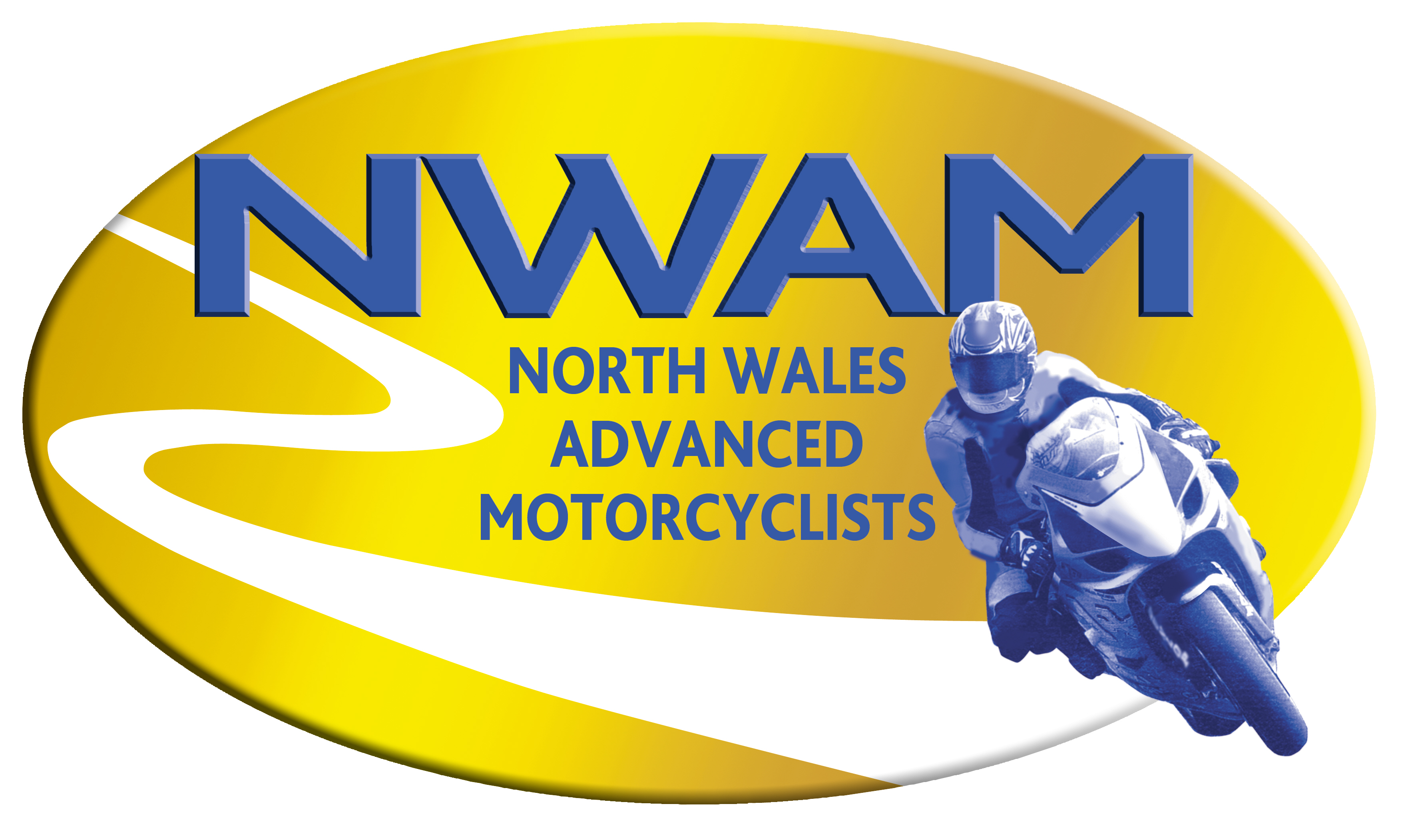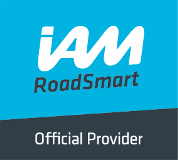Our Advanced Rider course will help make you a safer rider and could save you money.
Up and coming...
The Group are always looking for volunteer members to lead rides. Help to those who have never led rides will be given.
Contact:
rideouts.nwam@nwam.org.uk
Take an advanced ridingcourse
Flashing blue in your rear view
Road safety charity the IAM is offering weekly motoring tips from Britain's top advanced driver, Peter Rodger. This week he recommends top tips on how to respond when an emergency services vehicle is approaching.
- Keep your cool – if you see or hear an emergency vehicle approaching, aid concentration by turning off your music, and take a few seconds to plan your next move. Acting in a state of panic could be dangerous and delay the emergency vehicle more.
- Stop – look for somewhere to pull over and stop if it's safe to do so, even if the emergency vehicle is on the other side of the road. Indicators can be used to show that you have acknowledged the approaching blue lights and intend to move, but avoid usage if it could confuse other road users.
- Stay safe – avoid pulling onto kerbs, pavements and verges - verges can mask numerous hazards and mounting the pavement can put pedestrians at risk.
- Abide by the law – If you go through a red light or into a bus lane to make way for an emergency vehicle, unless directed to do so by a police officer, you are breaking the law and could be fined, irrespective of your good intentions.
- Stay alert – be aware that there may be more than one emergency vehicle on the approach. Listen for more than one siren, look all around before moving off, and bear in mind that you may need to move over again.
Loud sirens and flashing blue lights cause many motorists to panic, mainly because drivers are not routinely taught how to respond to them. Emergency vehicle drivers want you to help them reach the emergency at hand as quickly as possible. Behave calmly, legally, safely and predictably and move out of the way as soon as it is safe to do so to facilitate their route.
Notes to editors:
- Peter Rodger is the IAM’s chief examiner.
- The IAM is the UK’s largest independent road safety charity, dedicated to improving standards and safety in driving and motorcycling. The commercial division of the IAM operates through its occupational driver training company IAM Drive & Survive. The IAM has more than 200 local volunteer groups and over 100,000 members in the UK and Ireland. It is best known for the advanced driving test and the advanced driving and motorcycling courses. Its policy and research division offers advice and expertise on road safety
Media contacts:
IAM Press Office – 020 8996 9777press.office@iam.org.uk

